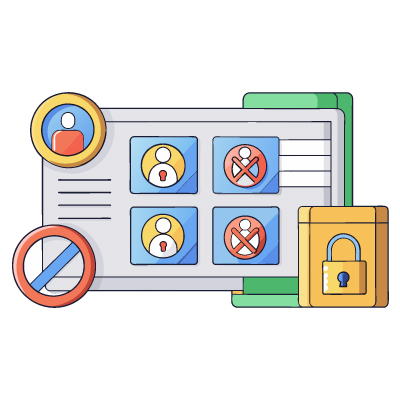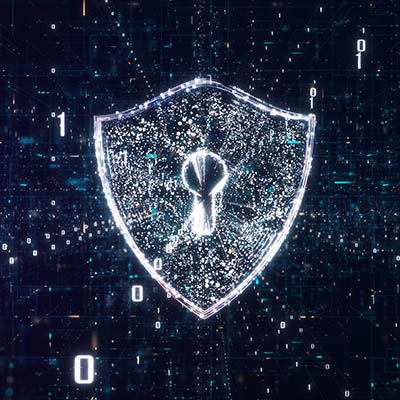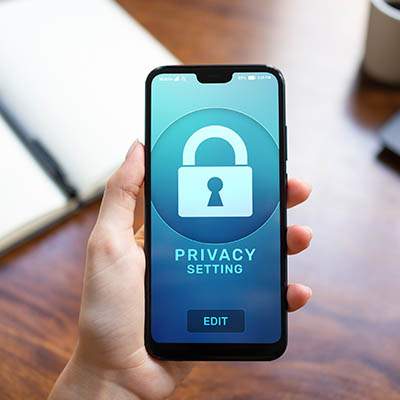Let me ask you this: would you trust every one of your team members with a key to your house? Of course not, right? After all, what if someone lost their copy or had it stolen from them? So, if you wouldn’t trust your entire team with access to your home, why on earth would you trust them with carte blanche access to your entire business and all of its data? That’s just it… you wouldn’t.
A business email compromise attack is a phishing scam in which a scammer uses email to take possession of capital—either in the form of data or actual finances—from the organization they choose to target. Lately, these scams have been observed to focus on schools. Let’s review the situation at hand and what is at stake.
Business cybersecurity is increasingly important for every organization in operation today, to the point where it could very well be the difference between your business’ survival or failure. While extensive things must be accomplished to ensure your overall business continuity, you have to start somewhere. Let’s review some of the most essential things you can—and need to—do to keep your business secure.
Most businesses these days utilize cloud computing in some way (about 90 percent, as a matter of fact). How is your business utilizing this technology? Regardless, you want to have security locked in for your cloud computing resources, which is what we want to focus on for today’s blog article.
Over a quarter of all data breaches target small businesses, and the cost of a breach can be devastating. To protect your business’ data and infrastructure, small businesses need a combination of effective technology tools and well-planned strategies. Here are some key steps your business can take to safeguard itself against digital theft.
In business today, technology plays a big role. Unfortunately, by using technology, each individual has to make security considerations. This is because there are more cyberattacks today than ever before. To keep business rolling effectively, today’s workers must carefully consider and understand their role in their organization’s cybersecurity initiatives. In today’s blog, we look at four ways they can do just that.
Everywhere you look on the Internet, there’s a scam, threat, or other malicious entity. Okay, maybe that’s not 100% true, but the possibilities are nearly endless for hackers. They’ll hide spyware, adware, and even ransomware online, so you must take measures to ensure that your devices and business are safe.
Of all your business’ potential cybersecurity vulnerabilities, one can more easily bring your organization to its knees than any other… but if this vulnerability is addressed correctly, you could instead see considerable benefits. Of course, the vulnerability I’m referring to is your team itself. Human error, in its many forms, can easily leave you vulnerable if you aren’t careful about preparing yourself and the rest of your staff to act with cybersecurity in mind.
The NSA—the National Security Agency of the United States of America—are pretty well-known for their digital prowess. Therefore, when they provide a list of practices to help keep our increasingly crucial mobile devices secure, it only makes sense for us to listen.
Data breaches are always a potential problem. They can cause all types of problems inside your business and can even cause strife should your customers need to be notified. In today’s blog, we thought we would review some of the largest and most noteworthy breaches in 2024.










